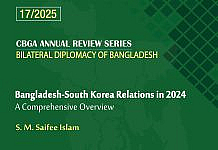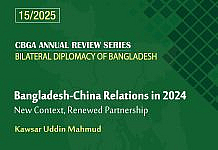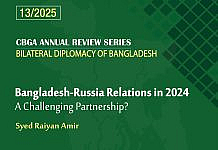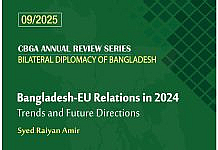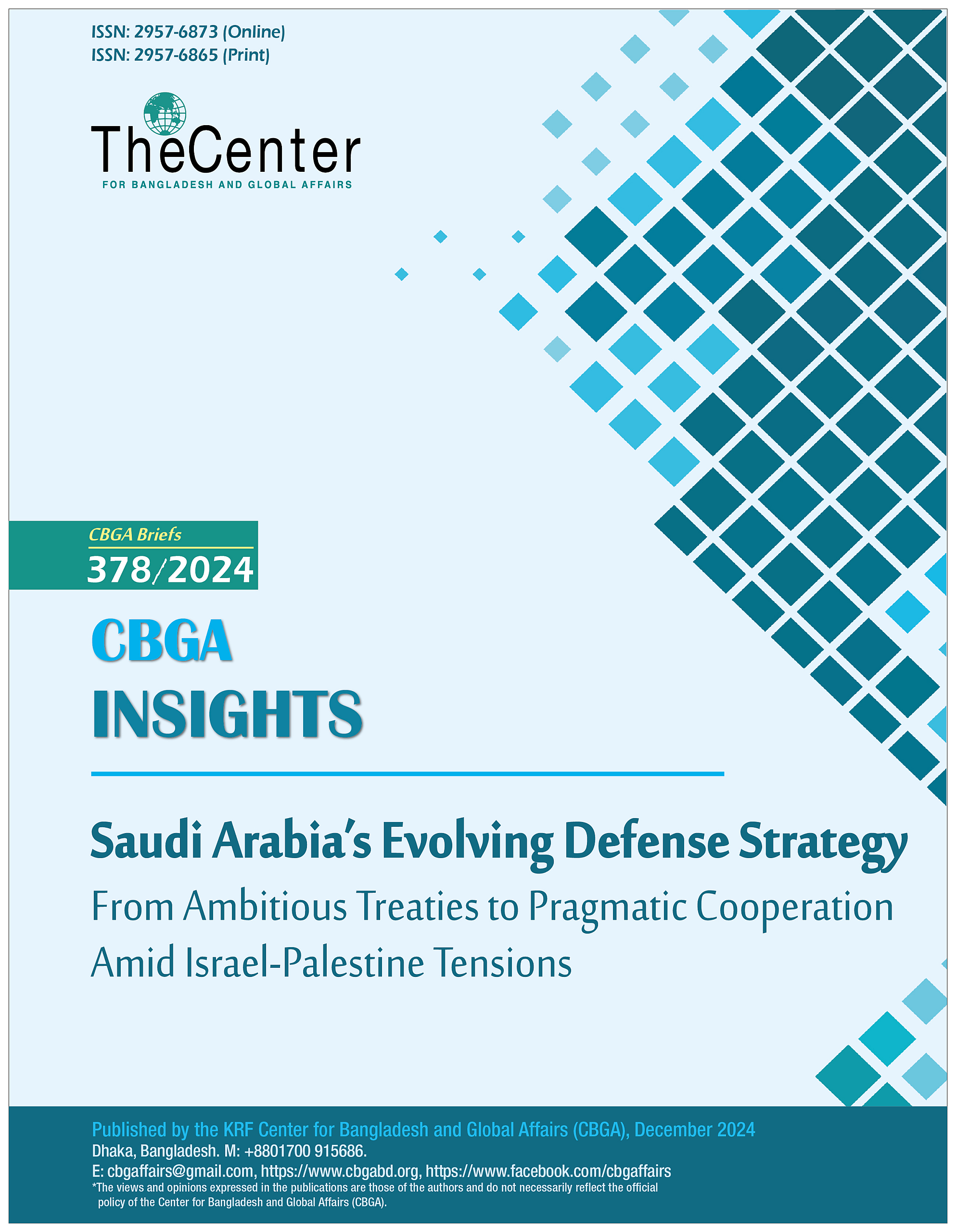
Saudi Arabia’s strategic ambitions have taken a notable turn as its bid for a sweeping defense treaty with the United States falters. Initially tied to the normalization of relations with Israel, the kingdom has shifted its focus toward a more attainable goal—a military cooperation agreement. This pivot reflects the complex interplay of regional geopolitics, domestic considerations, and shifting alliances, with the ongoing Israel-Palestine conflict playing a central role.
The Initial Vision: A Grand Defense Pact
Saudi Arabia’s early negotiations with the United States were aimed at securing a mutual security treaty. This proposed pact would have obligated the U.S. to defend Saudi Arabia in the event of foreign aggression, similar to defense agreements the U.S. maintains with Japan and South Korea. In return, Saudi Arabia would normalize relations with Israel, a move with transformative potential for Middle Eastern geopolitics. To facilitate this agreement, Riyadh initially softened its stance on the Palestinian issue. It suggested that a public commitment by Israel to a two-state solution could suffice for normalization, a significant departure from its historically firm support for Palestinian statehood.
Escalating Tensions and a Shift in Priorities
However, Israel’s military operations in Gaza have reignited public outrage across the Middle East, complicating Riyadh’s diplomatic calculus. Crown Prince Mohammed bin Salman (MBS) has since reasserted that normalization with Israel is contingent upon concrete steps toward the establishment of a Palestinian state. This position aligns with widespread regional sentiment and underscores the enduring centrality of the Palestinian cause in Arab political discourse.
On the Israeli side, Prime Minister Benjamin Netanyahu remains eager to secure normalization with Saudi Arabia, viewing it as a historic breakthrough. Yet, domestic political constraints, particularly opposition within his ruling coalition, have made any meaningful concessions to the Palestinians politically untenable.
A Pragmatic Compromise: The Shift to Military Cooperation
With the grand vision of a mutual defense treaty now unattainable, Saudi Arabia and the U.S. are negotiating a scaled-down military cooperation agreement. This proposed pact emphasizes practical measures, including-
- Joint Military Exercises: Enhanced collaboration in military drills to address shared regional threats, particularly from Iran.
- Defense Technology Investment: Saudi investments in advanced technologies, such as drone defense, and strengthened partnerships between U.S. and Saudi defense firms.
- Missile Defense Support: Potential deployment of a U.S. Patriot missile battalion to bolster Saudi Arabia’s defense capabilities.
- Increased U.S. Presence: Expanded American support in training, logistics, and cybersecurity within the kingdom.
Unlike a formal defense treaty, this agreement would not bind the U.S. to intervene militarily in Saudi Arabia’s defense but would deepen bilateral security ties.
Broader Geopolitical Considerations
This pragmatic approach reflects the broader geopolitical challenges facing Saudi Arabia and its allies. The kingdom remains concerned about threats from Iran and its regional proxies, including the Houthi movement in Yemen. The devastating 2019 attacks on Saudi oil facilities, attributed to Iran, highlighted the vulnerabilities in Riyadh’s security framework. Simultaneously, Saudi Arabia seeks to balance its relationship with the U.S. against its growing ties with China. Any new agreement with Washington is likely to include safeguards to prevent Saudi defense firms from collaborating with Beijing, reflecting U.S. concerns about Chinese influence in the region.
Domestic and Regional Constraints
Domestically, MBS faces the challenge of aligning Saudi Arabia’s foreign policy ambitions with public opinion, particularly regarding the Palestinian issue. While the crown prince has pursued bold reforms and sought to position Saudi Arabia as a modern global power, he must also navigate the deeply rooted sentiments of his population and the wider Arab world. Regionally, Saudi Arabia’s stance on Palestine remains a cornerstone of its diplomatic identity. Senior Saudi officials have reiterated that the creation of a Palestinian state, with East Jerusalem as its capital, is essential for long-term peace and stability. Without progress on this front, normalization with Israel is likely to remain out of reach.
The Trump Factor
The potential return of Donald Trump to the White House adds another layer of complexity. As a close ally of MBS, Trump may push for a revival of his 2020 peace plan, which heavily favored Israel and dismissed Palestinian statehood aspirations. This plan, often referred to as the “Deal of the Century,” proposed allowing Israel to annex large parts of the West Bank while recognizing Jerusalem as its undivided capital. While Trump’s approach could appeal to some in Riyadh’s leadership, it risks alienating significant segments of the Arab world and further inflaming tensions. For MBS, balancing Saudi priorities with Trump’s potential policies will be a critical test of his leadership.
The Path Forward
Despite the challenges, the Biden administration remains hopeful about finalizing a military cooperation agreement with Saudi Arabia before the end of President Biden’s term. Such an agreement could bolster U.S.-Saudi relations and provide a framework for addressing shared security concerns. Obstacles remain. Differences over nuclear cooperation have been a sticking point, with Riyadh resisting U.S. demands to sign a 123 Agreement, which would limit its ability to enrich uranium. Additionally, disagreements over human rights provisions have further complicated negotiations.
Strategic Implications
The outcome of these negotiations will have far-reaching implications for the Middle East. A formal defense treaty tying Saudi Arabia to the U.S. would represent a major strategic realignment, bolstering Riyadh’s security and countering Iranian influence. However, even a more modest agreement would strengthen U.S.-Saudi ties and enhance regional stability. For Israel, normalization with Saudi Arabia remains a coveted goal, representing broader acceptance in the Arab world. Yet, achieving this milestone will require significant concessions, particularly on the Palestinian issue, which Netanyahu’s current government appears unwilling to make.
Conclusion
Saudi Arabia’s decision to pivot from an ambitious defense treaty to a more pragmatic military cooperation agreement reflects the complex realities of Middle Eastern geopolitics. While the kingdom remains committed to its security and modernization goals, it must navigate a volatile regional landscape and balance its alliances with the U.S., Israel, and China. The future of Saudi-Israeli normalization will depend on progress toward resolving the Palestinian issue, which remains central to regional stability. For now, Riyadh’s focus on pragmatic military cooperation underscores its determination to strengthen its defenses while maintaining its long-standing commitment to Palestinian statehood. As the geopolitical landscape evolves, Saudi Arabia’s strategic choices will play a pivotal role in shaping the future of the Middle East, offering both opportunities and challenges for regional and global actors.
– Syed Raiyan Amir is a Senior Research Associate at the KRF Center for Bangladesh and Global Affairs (CBGA).



